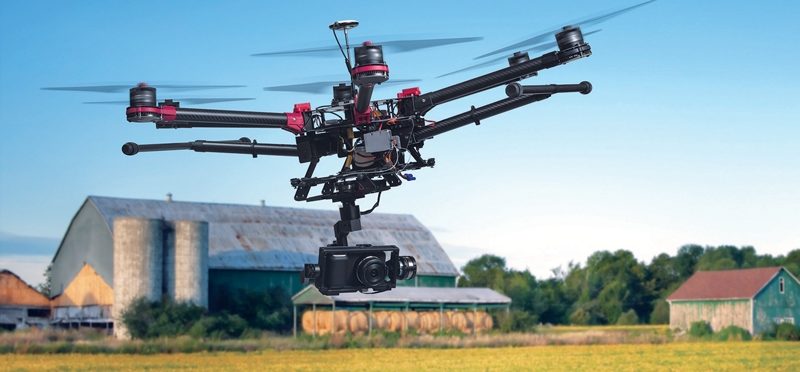Understanding a Drone’s Possibilities
Unmanned Aerial Vehicles (UAV), Unmanned Air Systems (UAS), or drones for short, are hurling the world into unchartered territories. Without a doubt, drones provide many businesses with an effective means to carry out operational activities in a cost-effective manner. From showcasing real estate to aerial surveys to general photography, drones are the new frontier. As a result, the insurance industry is monitoring developments closely, seeking out opportunities and contemplating potential liability issues with the use of commercial drones.
The Business Case for Drones
One of the most appealing aspects of investing in a drone for most businesses is the fact that drones can go nearly anywhere, particularly, they can go to places that are inaccessible or unsafe for people. Additionally, drones are small, yet they are laden with technology that businesses can easily use to become more competitive. Drones have appeal, and many businesses in a variety of industries are taking notice.
Recently, the surge in drone interest among businesses led the Federal Aviation Administration (FAA) to revisit the restrictions they had on commercial drones. The highly-anticipated FAA draft for the safe use of drones is expected to be presented to the US Congress by September 2015. New FAA rules may reduce heavy restrictions and pave the road for more businesses to capitalize on the use of drones. But, how does that affect property and casualty insurance for businesses?
Insurance Concerns
The insurance Industry is heavily risk adverse. With a wealth of insurance options for businesses, there are still very few options for insurance coverage options for drones since they create new risk exposures. Some liability concerns associated with the use of drones include:
- Trespassing
- Invasion of privacy
- Bodily injury
- Property damage
The use of drones is so new that rule makers within the insurance industry don’t know all potential risks, which may make aviation insurance inadequate for drones. Could drones be hacked in the air? Who’s liable if drones are hacked? Although there are a few insurance companies introducing new insurance products to cover drones, many companies are playing the “wait and see” game. This may not last long considering many people anticipate the FAA will relax their restrictions on commercial drones soon.
Boldly taking people where they have never gone before, drones are quickly becoming the latest technology-must-have for businesses. With the capacity to expand a business’ reach without significantly impacting the bottom line, many businesses are investing in drones and their capabilities. This growing phenomenon is a concern, but not a deterrent for the insurance industry. Insurance companies, businesses and insurance lawmakers are on their mark and ready to usher in the new age of commercial drones. Do you see drones as a part of your future business?

